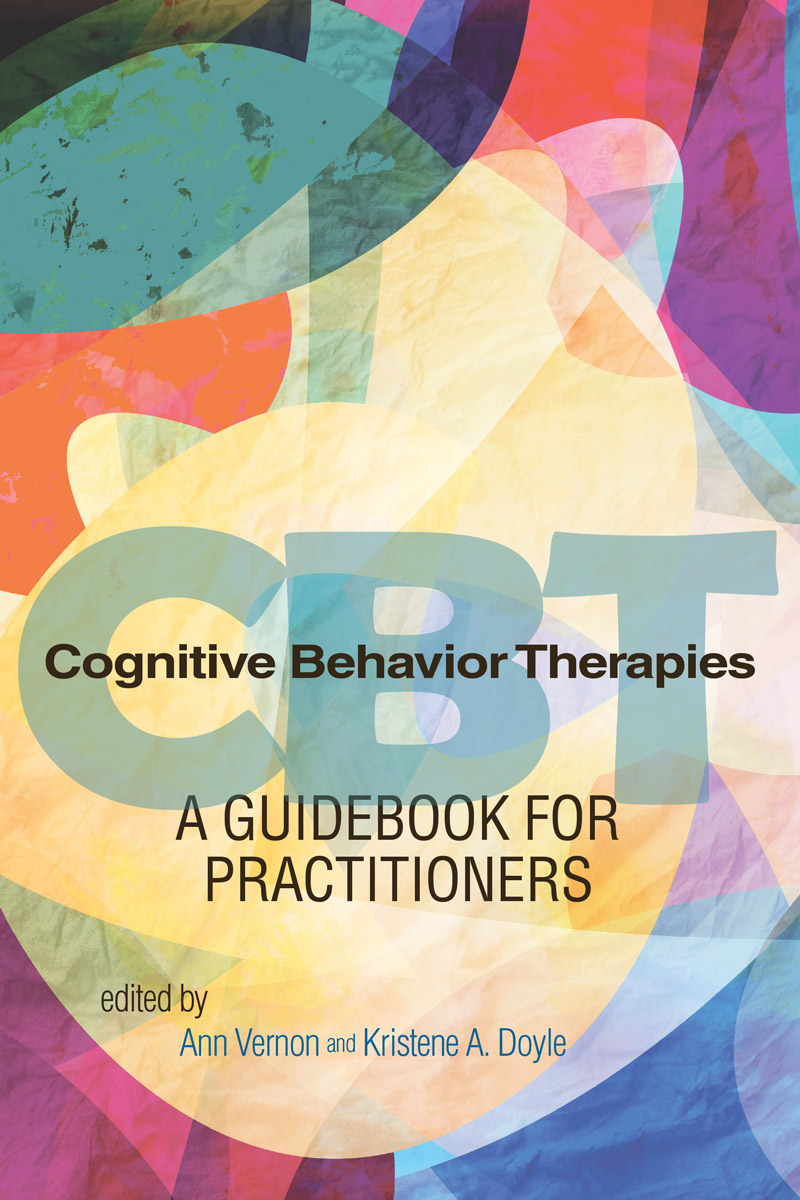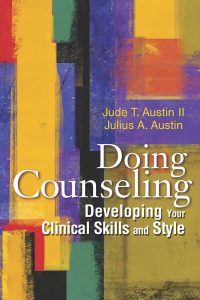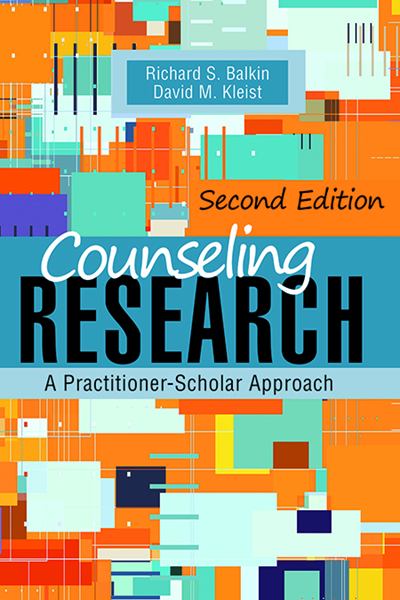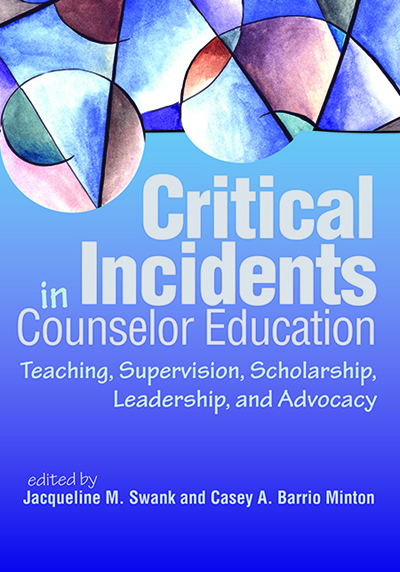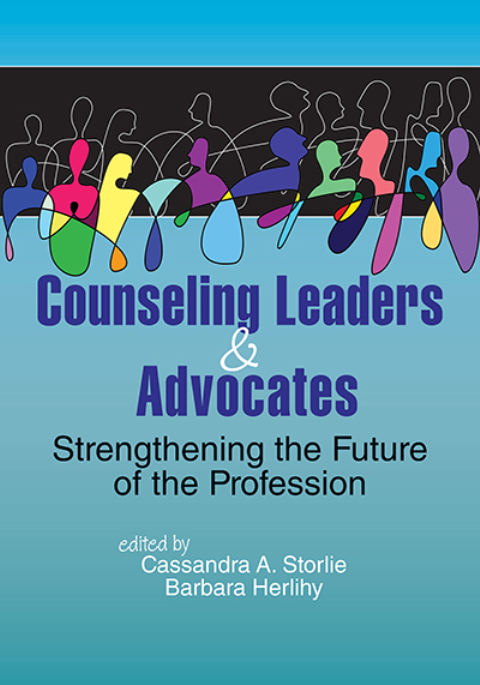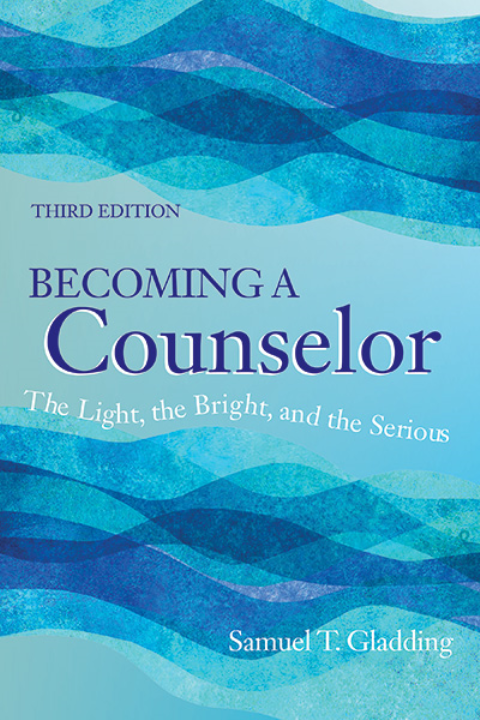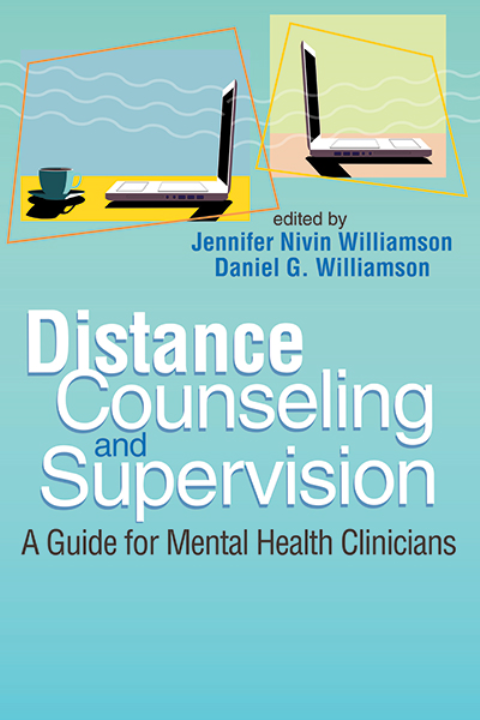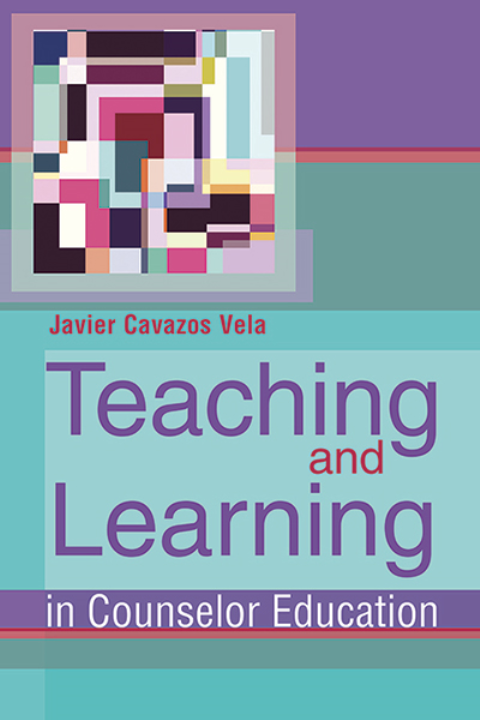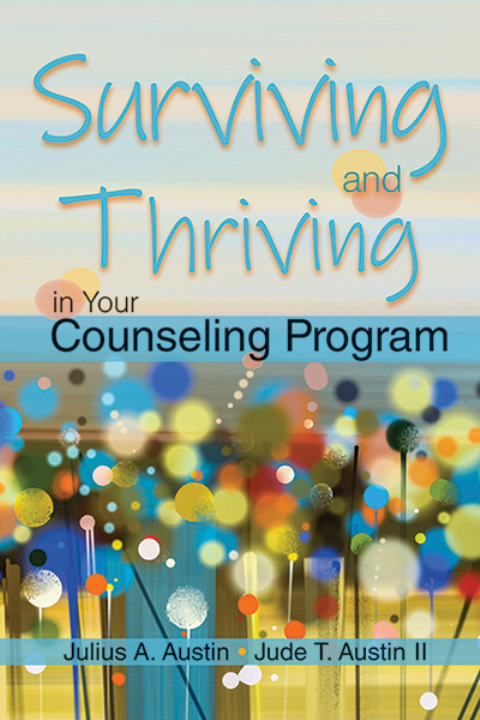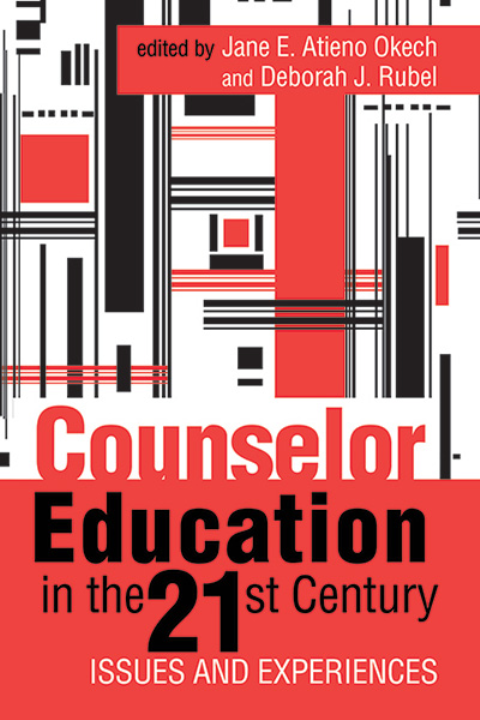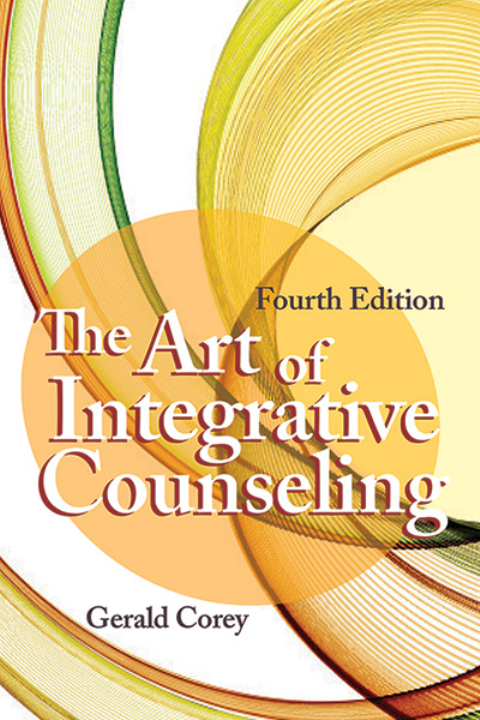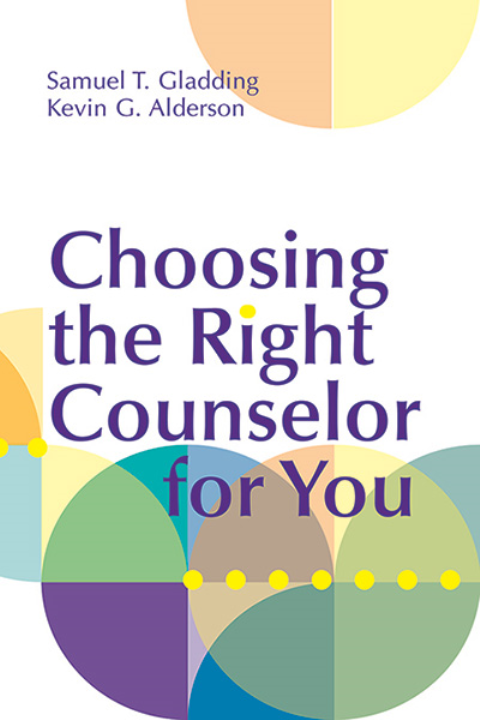
Professional development, a lifelong process
Counselors have the ethical responsibility of engaging in ongoing professional development, so they can remain informed about best practices, keep their competence in the skills they use, and maintain a reasonable level of awareness of current scientific and professional information. Mentorship is also an important part of a counselor's professional development process.
Related Articles from Counseling Today
From the President: Building new partnerships
Sep 1, 2023, 00:00 AM
Title :
From the President: Building new partnerships
By line :
In the past few years, our profession, like many others, has been affected by political polarization and social unrest. As we approach another politically charged election year, the American Counseling Association and other mental health organizations need to lead the way in terms of what our profession stands for. This requires us to remember and reflect on our professional roots.
As most of us know, our profession began with a social justice theme: We will not ask anyone to do something that we are unwilling to do ourselves. We have focused on diversity, equity and inclusion from the beginning — long before it was trendy or hip. Striving for inclusion, understanding differences and defining problems that arise from those differences are essential characteristics of being a practical helper or healer. Thus, our responsibility has always been to do the right thing at the right time without being asked.
Lately, politically motivated legislation seems to go directly against our professional and ethical standards, and many other organizations have made public statements reaffirming their support toward diversity, equity and inclusion. I also want to reaffirm to our members that ACA is committed to promoting professional development of counselors, advocating for the profession, and ensuring ethical, culturally inclusive practices that protect those who use counseling services.
I also want to remind ACA members to monitor what divides us versus what unifies us. We need to look beyond collaborations within our current organizational structure and focus on building mutually beneficial relationships with other organizations aligned with our mission in the broader mental health community. We can accomplish more together and have a more significant impact when we focus on how our priorities intersect with other mental health organizations.
During the Interamerican Congress of Psychology in Paraguay in June, I had the opportunity to talk with some other professional mental health organizations about arising issues both in the United States and globally that are entirely against our training and ethical standards. With that in mind and in agreement with our chief executive officer, I decided to reestablish conversations with the American Psychological Association and the Sociedad Interamericana de Psicología (Interamerican Society of Psychology). The intention is twofold: to better understand the lack of communication between our organizations and to investigate how the counseling profession can have a presence in Latin America. Our initial conversation was productive and informative and opened up opportunities for possible collaborations, including joint projects, in the future.
Finally, I want to update you on the Governing Council meeting happening this month. Our main priorities for this meeting include:
- Embarking on a new strategic planning exercise with ACA staff that will create a better road map for our priorities and help us focus on what we want to accomplish in the next few years. (I’ll discuss this more in a future column.)
- Discussing the next steps for ACA’s Anti-Racism Commission.
- Exploring our options for the 2025 ACA Conference & Expo in Orlando, Florida. We know there is concern about hosting a meeting in Florida; this is a complex issue that requires careful consideration before making final decisions.
Department :
From the President
Categories :
- Professional Counseling
- Professional Development
Tags :
audiences :
Contributors
